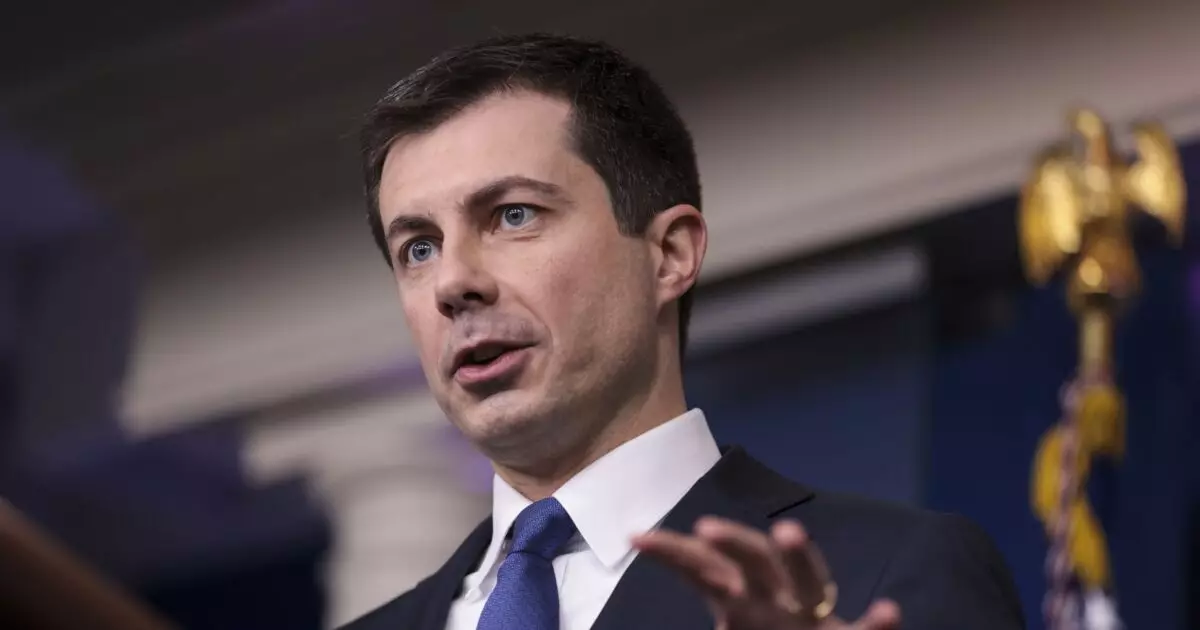The Biden administration recently celebrated the third anniversary of the Infrastructure Investment and Jobs Act (IIJA) by unveiling a significant funding initiative. With a staggering $3.4 billion in new grants, the administration aims to maintain momentum in infrastructure development as they near the end of their term. Transportation Secretary Pete Buttigieg emphasized the urgency of this initiative by stating that the current administration is dedicated to optimizing the funds designated by Congress for crucial projects, underscoring a commitment to public service that transcends political boundaries.
Since its implementation, the IIJA has facilitated nearly $570 billion in funding for approximately 66,000 projects nationwide. This remarkable investment not only highlights the administration’s resolve but also illustrates a larger vision for revitalizing America’s infrastructure. As the nation grapples with aging facilities and growing demand for modernization, the IIJA stands out as a beacon of opportunity. From transportation networks to energy projects, the act aims to bridge the gap between current needs and future ambitions—an effort that requires both immediate action and long-term planning.
The announcement of this new funding was made at a press conference that brought together leaders from both sides of the political spectrum. Kentucky Governor Andy Beshear, a Democrat, and Oklahoma City Mayor David Holt, a Republican, exemplified a collaborative spirit as they expressed their enthusiasm for the progress made under the IIJA. Their unified stance is particularly noteworthy as it underscores an essential truth: infrastructure investment knows no party lines. By focusing on the tangible benefits of improved infrastructure, these leaders advocate for bipartisanship in fulfilling this national priority.
As the IIJA continues to gain traction, there are looming challenges on the horizon. Incoming leadership may present threats to some of the initiatives funded under the act, particularly those aiming to develop sustainable technologies like electric vehicle charging stations. However, the structure of the legislation poses a formidable challenge to any efforts to dismantle its current framework. With appropriations set to last until September 30, 2026, the impact of these funds is far-reaching, and any proposed changes would require careful navigation through a complex legislative landscape.
The latest $3.4 billion in grants will be allocated to various critical sectors, including rail, roads, and port infrastructures, through established IIJA programs. The sheer diversity of the projects funded reflects a keen sensitivity to the varied needs of different communities. Notably, $1.5 billion is earmarked for enhancing the Northeast Corridor’s rail system—an essential transport artery—while $1.2 billion will be used to promote cleaner building materials across 39 states. Such investments have the potential to create jobs, stimulate local economies, and propel the nation toward sustainable growth, demonstrating an integrated approach to infrastructure reform.
The third anniversary of the IIJA serves as a pivotal moment to reflect on progress while looking forward to the challenges and opportunities that lie ahead. As the administration underscores its commitment to responsible fund allocation and project implementation, it becomes evident that effective infrastructure investment is not merely a fiscal responsibility but a foundation for future prosperity. The journey is ongoing, and the imperative to foster collaborative efforts across governmental levels and political affiliations remains critical in achieving lasting change.

